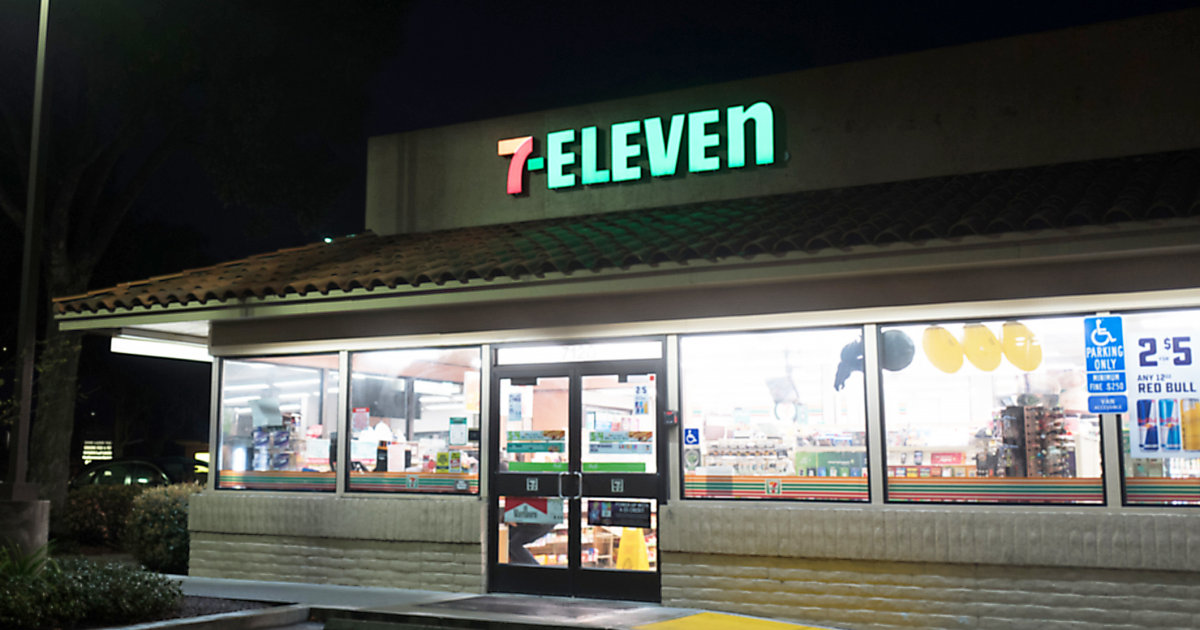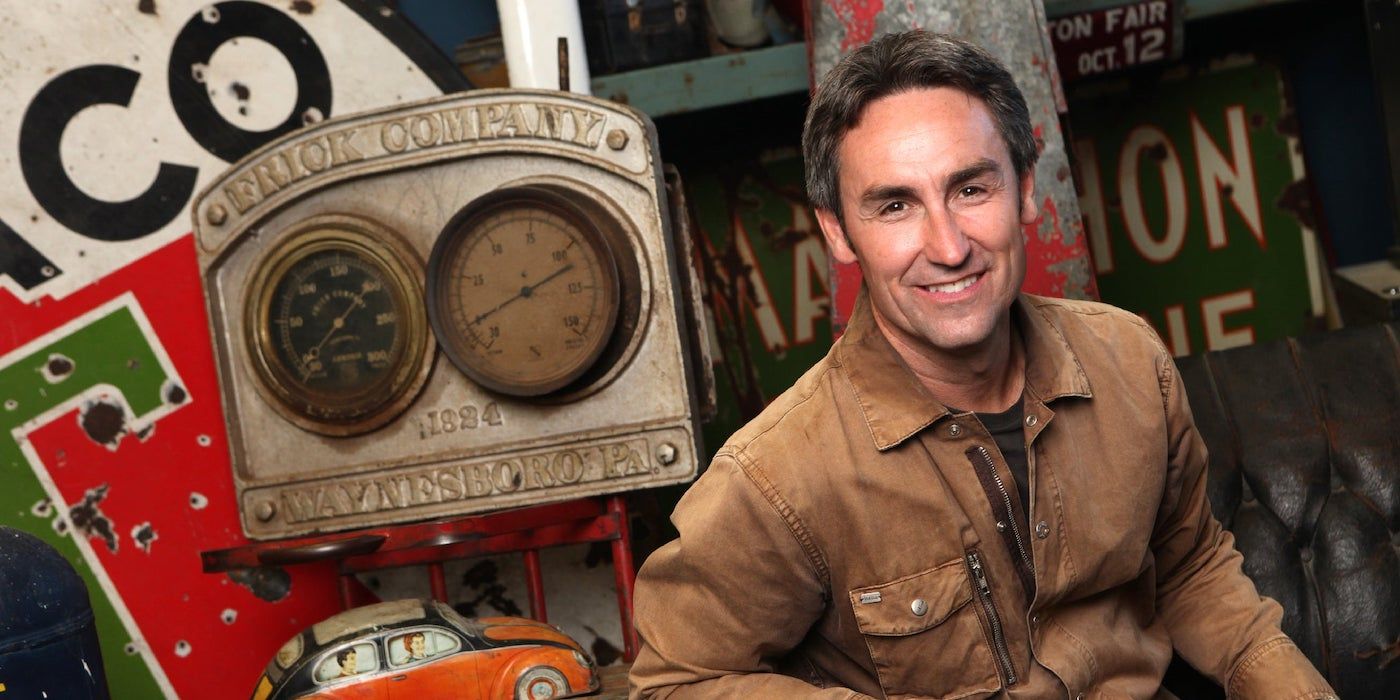Why 7-Eleven is closing nearly 450 stores in the US and Canada

7-Eleven has announced it will close hundreds of stores across the U.S. and Canada, citing rising costs and shifts in consumer habits.
In an Oct. 11 call, 7-Eleven President and CEO Joe DePinto announced the company will shutter 444 stores. The convenience chain is owned by the Japanese company Seven & I Holdings.
In an email statement issued to TODAY.com, a spokesperson for 7-Eleven confirmed the closures.
“Aligned with our long-term growth strategy, we continuously review and optimize our portfolio to deliver convenience where, when and how customers need it,” the statement reads. “As part of this, we made the decision to optimize a number of non-core assets that do not fit into our growth strategy. At the same time, we continue to open stores in areas where customers are looking for more convenience.”
On the Oct. 11 call, DePinto provided context on the challenges 7-Eleven is facing, describing the first half of 2024 as “challenging” for the company.
“The first half of this year has been challenging. It’s been driven by macroeconomic conditions and evolving industry trends,” DePinto explained. In addition to inflation, DePinto noted that 7-Eleven was deeply impacted by a significant drop in cigarette sales.
“From January to June, we gradually improved sales each month… excluding cigarettes,” he said, noting that cigarette sales in the U.S. have plummeted by 26% since 2019 as smokers either quit or changed to other nicotine products.
Now, 7-Eleven is adapting to meet new consumer preferences.
With consumers seeking fresh, higher-quality foods and beverages, he noted that the company aims to pivot its approach to what it provides on its shelves and self-service areas.
“Food recently overtook cigarettes as the largest category at 7-Eleven Inc.,” DePinto said. The company has been investing heavily in its food and beverage modernization program to capitalize on this shift.
“Growing our proprietary products is an important part of our future. This platform offers our customers a wider assortment of hot food and specialty beverages,” DePinto explained, adding that the stores’ food and beverage updates will include bake-in-store items, self-serve stations, roller grills, grab-and-go options, and drinks like espresso, cappuccino, iced coffee, and lattes.
This year, the company revamped its menu with a broader range of Japanese-inspired food offerings, more closely aligning with its parent company’s approach.
7-Eleven, Inc. began first in 1927 with the establishment of Southland Ice Company, an ice business located in Dallas, Texas. Initially, the ice stores were called Tote’m Stores, named after how customers would “tote away” their items. Then, in 1946, Southland Corporation changed its store name to 7-Eleven to reflect its new hours of operations, which were from 7 am to 11 pm.
In 1973, Southland Corporation and the Japanese supermarket chain Ito-Yokado purchased 70% of 7-Eleven stock. These days, Japanese company Seven & I Holdings owns the convenience store chain.
Related
‘American Pickers’ Star Mike Wolfe’s Antiques Shop Faces Backlash for…
American Pickers host Mike Wolfe has recently come under fire, and it has to do with his antiques store, Antique Archaeology, in Nashville. The U.S. Sun has re
S.Coups’ Favorite K-Beauty Brand Is Now Available in America: Shop…
The SEVENTEEN star was announced as the brand ambassador for the skincare brand last year.
The trade war is here. You’ll notice it at the…
Canadians' pocketbooks will likely be the victim of a prolonged trade war with the U.S., with the prices on consumer goods potentially rising over the next week
American booze taken off shelves and stacked in shopping carts…
Open this photo in gallery:A staff member removes bottles of U.S. alcohol from the shelves of a Liquor Control Board of Ontario (LCBO) store, as part of retalia












